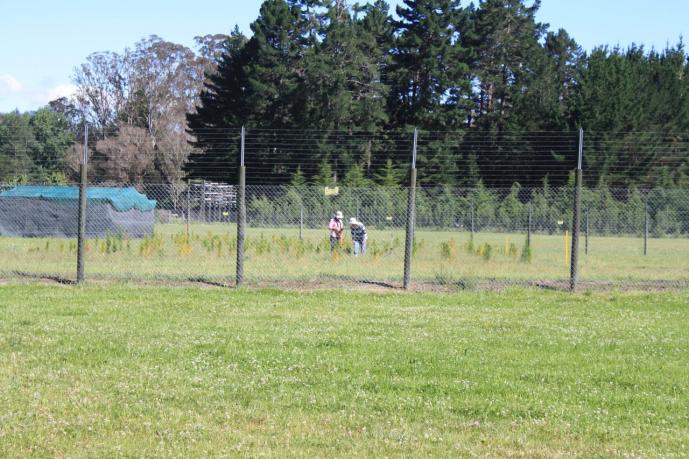Landmark court case on GE
One of the world’s oldest organic organisations is going to court to support caution on genetic engineering. The Soil & Health Association of New Zealand, founded in 1941, is leading a group of interested parties in support of the Bay of Plenty Regional Council’s precautionary approach to genetically modified organisms (GMOs) in its Regional Policy Statement.
“We are advocating on behalf of our 3000 members, plus consumers and producers, both organic and conventional, who want a precautionary approach to GE,” said Marion Thomson, co-chair of Soil & Health. “Soil & Health is a not-for-profit organisation and we have received amazing support for this case in our recent appeal to members and supporters.”
The publicly owned Forest Research Institute, Scion, triggered the court case by appealing the Council’s inclusion of precautionary wording about GMOs. The case will be heard in the Environment Court in Tauranga on 28–29 November. Scion has received millions of taxpayer dollars to develop genetically engineered pine trees. It has a field trial at Rotorua, and approval to plant thousands of GE pine trees.
Five parties have joined the Council’s defence as Section 274 Parties (interested parties who originally made submissions to the Council on its Regional Policy Statement). They are Soil & Health, GE Free NZ (in Food and Environment), GE Free Northland and two individuals: John Sanderson and former Bay of Plenty Regional Councillor Karen Summerhays.
“Soil & Health supports the right of local bodies to manage any potential release of GMOs in their area,” said Thomson. “We are concerned that Environment Minister Amy Adams has signalled her intention to ban councils from being able to manage GMOs as a land-use issue in their regions, cities or districts. The Bay of Plenty Regional Council has listened to community concerns and stated that they promote a precautionary approach to GMOs. They also acknowledge that current legislation may be inadequate to deal with potential adverse effects of GMOs in the region.”
“GMOs are incompatible with organic systems, and are not allowed in food or farming according to organic certification standards,” said Thomson. Overseas, there have been numerous farmers who have lost their GE-free or certified organic status because of contamination from GE crops. A well-known case was that of Percy Schmeiser in Canada, whose canola crop became contaminated by his neighbour’s GE canola; seed company Monsanto eventually settled out of court. In Western Australia, Steve Marsh lost organic certification for 70% of his farm when his oats and wheat crops became contaminated by a neighbour’s GE canola; a court case is pending.

Pine tree trial at Scion’s Rotorua site
